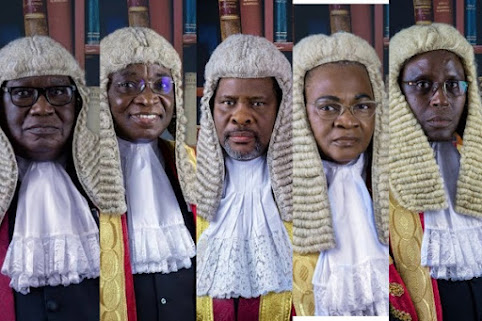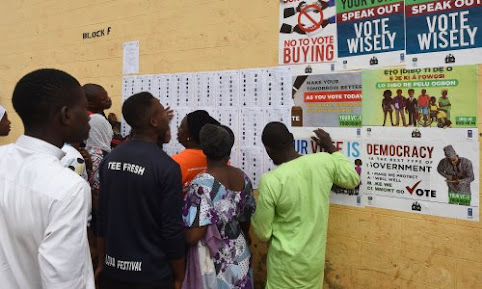By Adekunle Adekoya
The National Identification Number, NIN, is a project of the Federal Government embarked upon to achieve a number of objectives, with the establishment of the National Identity Management Commission, NIMC, to actualise the purpose. An enabling law, the NIMC Act 2007, was enacted to give legal life to the commission.
There actually had been a previous effort through the Department of National Civic Registration, DNCR, which achieved very little. According to information on the website of the NIMC: “The National Identity Management Commission, NIMC, established by the NIMC Act No. 23 of 2007, has the mandate to establish, own, operate, maintain and manage the National Identity Database in Nigeria, register persons covered by the Act, assign a Unique National Identification Number, NIN, and issue General Multi-Purpose Cards, GMPC, to those who are citizens of Nigeria as well as others legally residing within the country.”












.png)







